For about three years after writing his oratorio The Creation, Joseph Haydn penned his next work, The Seasons, which, because of its text, is considered one of the most sentimental of German idyll oratorios. What makes the work even more exceptional is that Müpa is now presenting it as part of its New Year’s concert, and is targeting the younger generation, aged 12-16, by performing excerpts from the only oratorio by the composer that is not on a religious theme.
The performance will provide direct and engaging commentary for young people, further reinforcing Ádám Fischer’s ongoing commitment to introducing young people to classical music and making them love it.
According to conductor Ádám Fischer:
“sometimes you could start a year with the Seasons, and I love the Seasons too much to say no to such an initiative. But it hasn’t yet taken concrete shape, and at Müpa, The Creation is still the opening of the year. We could always create powerful performances from the Seasons. Haydn, if he could not, argues with his music that we should preserve the four seasons.”
It seems that his former vision may now become a reality, now a tradition on the stage of the Müpa. According to music reviewer Ferenc László, this musical work, which has been called one of the most significant works in European music history, is now a reality:
“This oratorio is a miracle composed to a clumsy text, where you can hear everything from frog croaking to hopping, from spinning to climbing trees, which could only have appeared in the entire year round of the peasant population in one way or another. What was needed was a genius to make it all seem unamusing even two hundred years later, and congenial performers were needed to enable the listener, however cynical and detached from nature, to experience this timeless yet childlike masterpiece of pious and serene love of life.”
The tradition of performing The Seasons at the beginning of the year appears to go back a long way, as audiences were able to hear the work in the Great Hall of the Vigadó in Budapest on 8 January 1900.
The closeness of the work to the composer himself is illustrated by an account in the Zeitung für die elegante Welt, published after the premiere of the work in Vienna in 1801:
“Mr Haydn had already declared during the composition that he would have preferred to work on another theme, such as the Last Judgement or something similar, instead of the four seasons.”
Indeed, the master could not have been in an easy job, for he had undertaken to write his work after the enormous success of the Creation. This music is usually referred to as idyllic music, which depicts the cycle of nature with various genre images. It is a piece for the winter season, starting from the gloom of winter and moving towards the hopeful spring and summer, only to return to the cool, gloomy winter of autumn. Thus, there is no plot, Haydn expresses the images of nature through the music.
In the roles of Simon, Lukács and Hanna, the actual narrators, we can see and hear such outstanding artists as Rácz Rita, Zoltán Megyesi and Miklós Sebestyén, private singers of the Hungarian State Opera House. The original work by Thompson, published in print in 1726, forms the basis of the text of The Seasons. It was later reworked somewhat arbitrarily by Gottfried van Swieten, the librettist of The Creation, who purged it of philosophical and historical references and concentrated on the lyrical tone.
Karl Giringer writes in his monograph on Haydn:
“Haydn occasionally took umbrage at certain details of the libretto and at van Swiet’s frequent desire to insert musical genre imagery. Even if this ‘rubbish’ was ‘foisted’ on Haydn, the librettist deserves more praise than censure.”
The concert will be performed by the Düsseldorf Symphony Orchestra, of which Ádám Fischer is director and whose members are always an inspiration to him in his work. They will be joined on stage by the Hungarian Radio Choir, one of the most engaged oratorio choirs in Hungary.
You can get your tickets here!
Article: Anna Rácz
Translation: Nóra Fehér

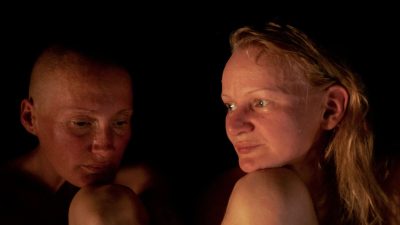
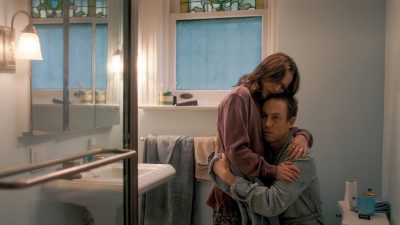
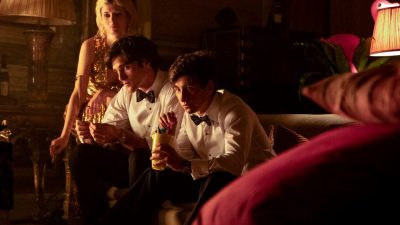
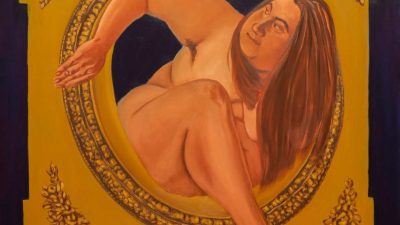
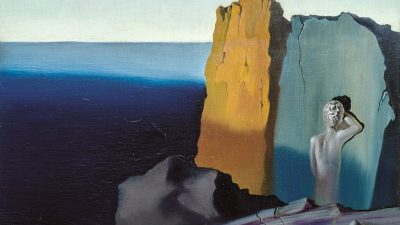
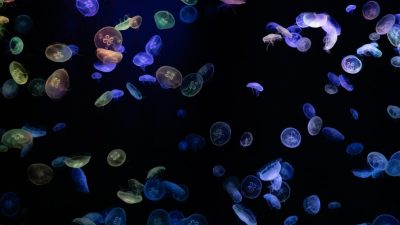


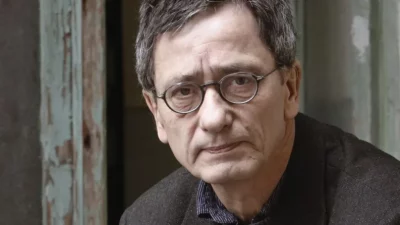



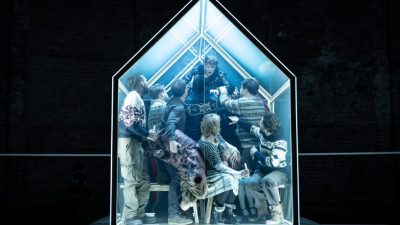
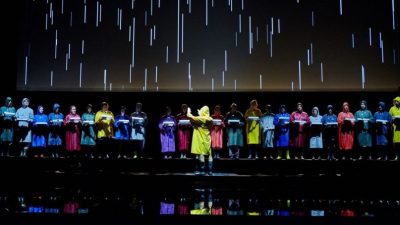





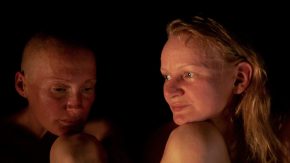
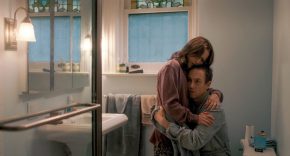
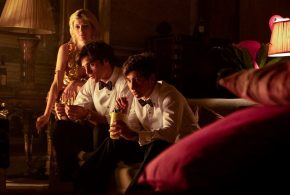
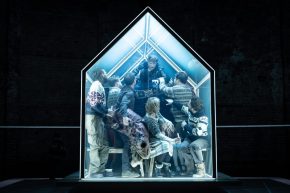

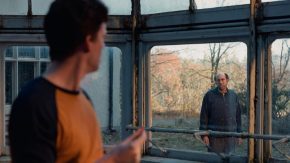
Comments